
Mine!
How the Hidden Rules of Ownership Control Our Lives
ISBN: 9780385544726
Pages: 336
Recommendation
As people fight for control of increasingly limited resources, entrepreneurs scramble to create the most compelling ownership stories they can, while searching for novel sources of profit, write law professors Michael Heller and James Salzman. They argue that veiled rules of ownership control much of your everyday life. The authors further discuss how the emergence of a sharing economy – in which ownership moves from the domain of the many to the few – could have a profound impact on communities of the future.
Summary
About the Authors
Columbia Law School professor of real estate law Michael A. Heller also authored The Gridlock Economy. James Salzman is a professor of environmental law at the UCLA School of Law and UC Santa Barbara’s Bren School of Environmental Science & Management.









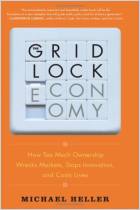

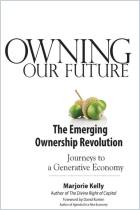
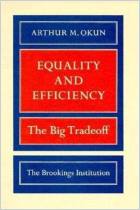
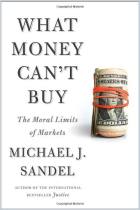
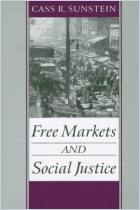



Comment on this summary or Iniciar a Discussão